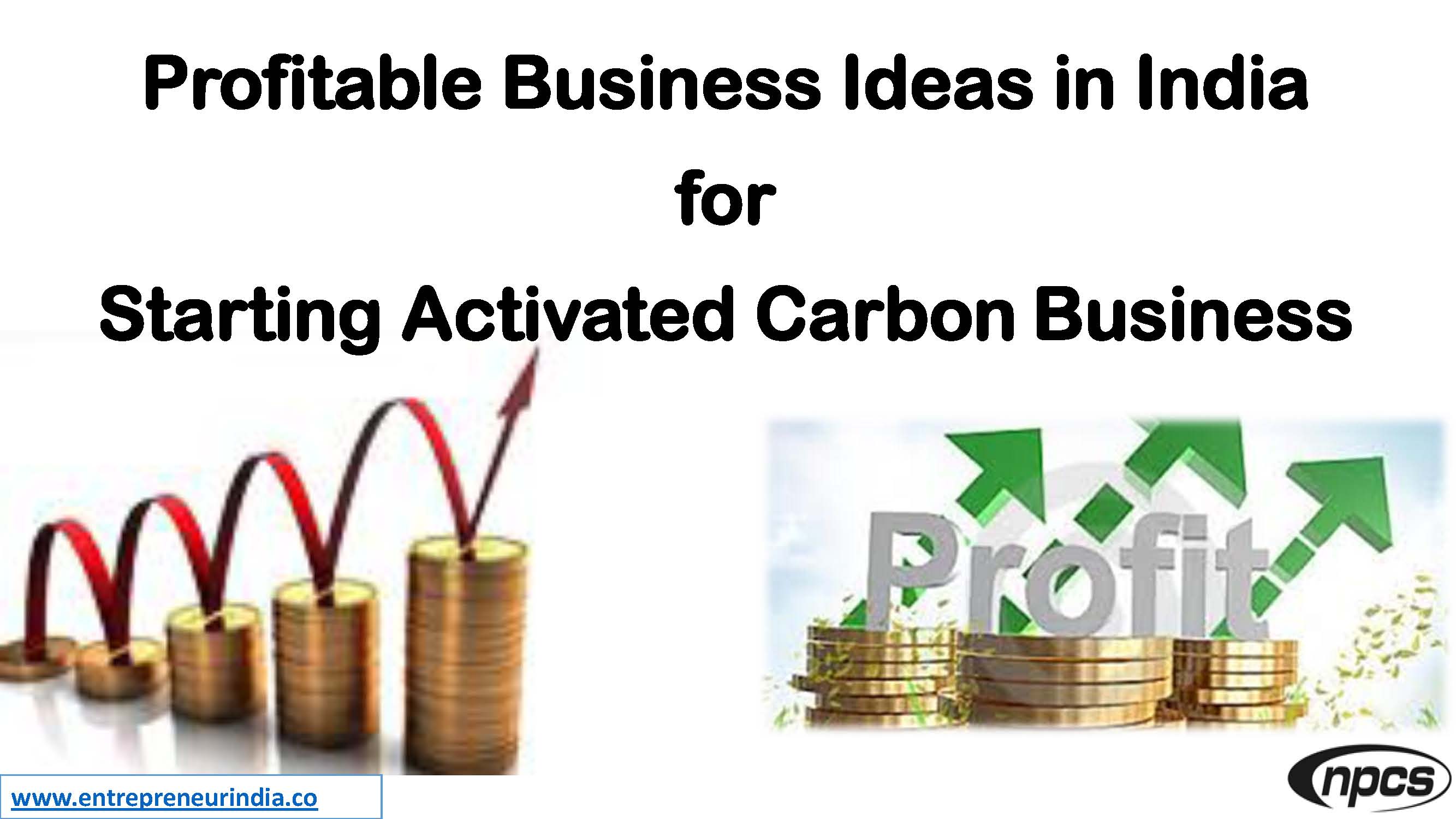
As industries move toward lightweight, cost-efficient, and fast-assembly materials, the demand for industrial and consumer-grade bonding agents is soaring. Entrepreneurs looking to invest in chemical-based manufacturing can explore the business ideas of manufacturing of adhesives, glues and resins, which offer strong profitability and diverse applications. These products are used in packaging, footwear, woodworking, automotive, electronics, construction, and household goods. Moreover, India’s growing infrastructure sector, rising e-commerce packaging demand, and increased DIY consumer usage are fueling consistent market expansion. With strategic planning and the right technical setup, this business can be scaled for both domestic and export markets.
Exploring Business Ideas of Manufacturing of Adhesives, Glues and Resins
Starting a manufacturing unit in this niche requires knowledge of different formulations, compliance with safety regulations, and targeted marketing. Let’s explore some of the most promising product types and what it takes to build a successful venture.
1. PVA (White Glue) and Water-Based Adhesives
PVA (Polyvinyl Acetate) glue is commonly used in woodwork, stationery, crafts, packaging, and school supplies. These adhesives are water-based, non-toxic, and quick-setting, making them ideal for consumer use. The manufacturing process involves:
-
Mixing water with emulsifiers, stabilizers, and PVA resin
-
Adding preservatives and thickeners
-
Homogenizing the solution
-
Packaging into tubes, bottles, or jars
Moreover, this segment has low production costs, and branding can help you penetrate educational, office, and retail markets. With a small investment of ?5–10 lakhs, you can start a semi-automatic unit.
2. Epoxy Adhesives and Resins
Epoxy-based products are used for heavy-duty applications like metal bonding, flooring, waterproofing, and electronics. These are two-part adhesives, combining resin and hardener during application. Epoxy manufacturing requires precise mixing of:
-
Epichlorohydrin
-
Bisphenol-A
-
Hardeners (amines or polyamides)
-
Plasticizers, pigments, and fillers (optional)
In contrast to basic glues, epoxy resins demand chemical handling expertise and temperature control. Moreover, you’ll need safety gear and ventilation systems. Initial investment ranges from ?20–50 lakhs depending on capacity. This business has high-margin potential and strong industrial demand.
See More –Camphor Manufacturing Business
3. Hot Melt Adhesives
Hot melt adhesives (HMAs) are widely used in carton sealing, bookbinding, sanitary products, and automotive assembly. They are solid at room temperature and liquefy when heated for application. The manufacturing process involves:
-
Blending polymers (like EVA or PE) with tackifiers, waxes, and stabilizers
-
Heating and mixing in reactors
-
Cooling and forming into sticks, pellets, or blocks
Moreover, HMAs are solvent-free and eco-friendly. As packaging needs grow with e-commerce, this segment offers high volume and repeat demand. Investment starts around ?15–25 lakhs, with significant returns from bulk orders.
4. Synthetic Resins (Alkyd, Urea-Formaldehyde, Phenolic)
Resins are core binding agents used in paints, varnishes, laminates, and adhesives. Common types include:
-
Alkyd resin – for paints and coatings
-
Urea-formaldehyde – for plywood and MDF boards
-
Phenolic resin – for brake linings and electronics
These involve polymerization processes and use chemicals like formaldehyde, phthalic anhydride, and glycols. Setting up a resin plant requires high safety standards, reactor vessels, distillation systems, and wastewater management. Though capital-intensive, this sector is highly profitable due to strong industrial dependency.
See More – Disposable Syringes Manufacturing
Conclusion
Exploring business ideas of manufacturing of adhesives, glues and resins opens up multiple high-demand product lines catering to various industries. Whether you start with low-cost PVA glue or scale up to complex epoxy or resin systems, the market offers room for both small and large players. Moreover, with growing infrastructure, packaging, automotive, and construction sectors, the adhesive and resin industry continues to expand. By focusing on formulation quality, compliance, and market targeting, entrepreneurs can build a sustainable, scalable, and profitable business in this high-demand manufacturing segment.





